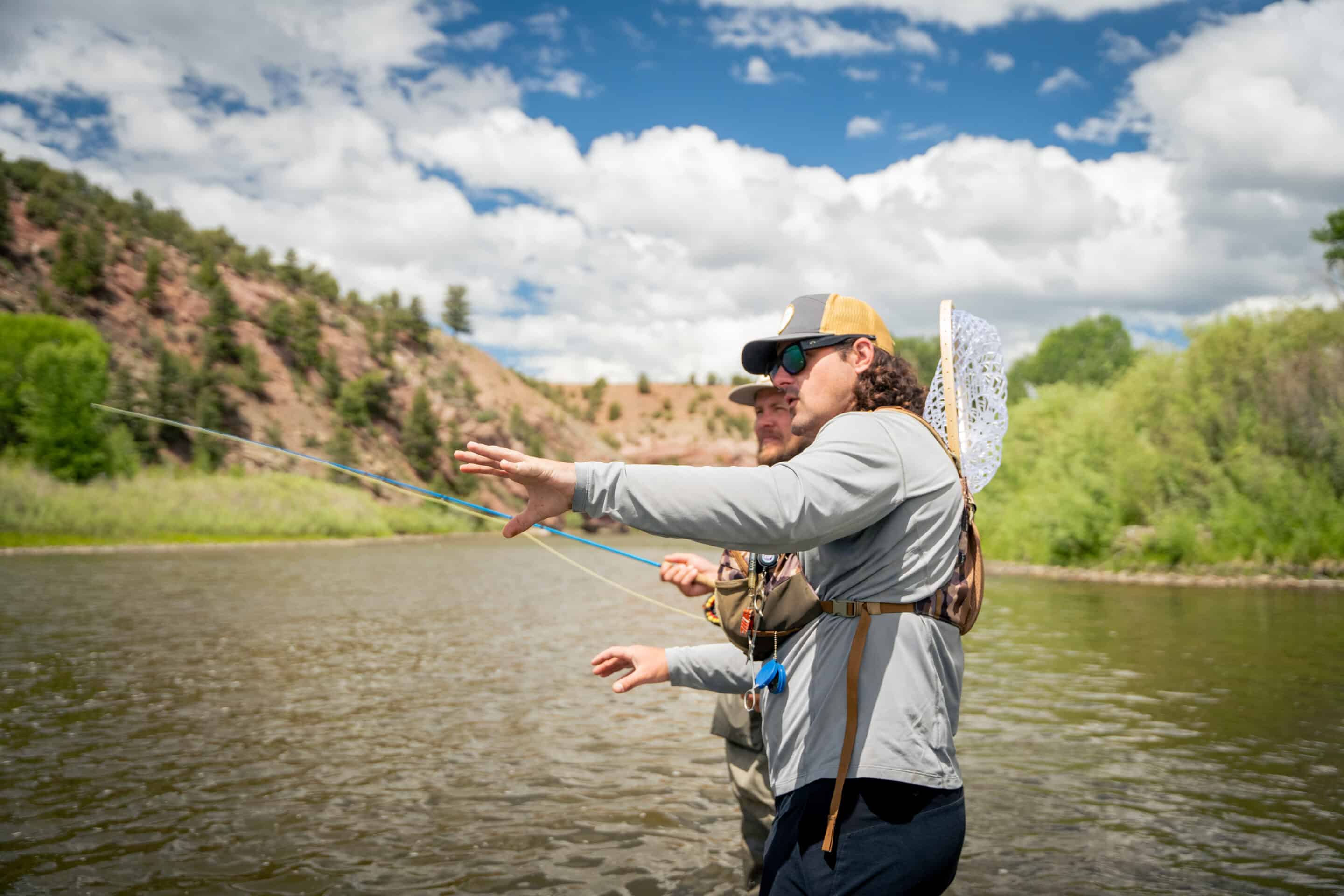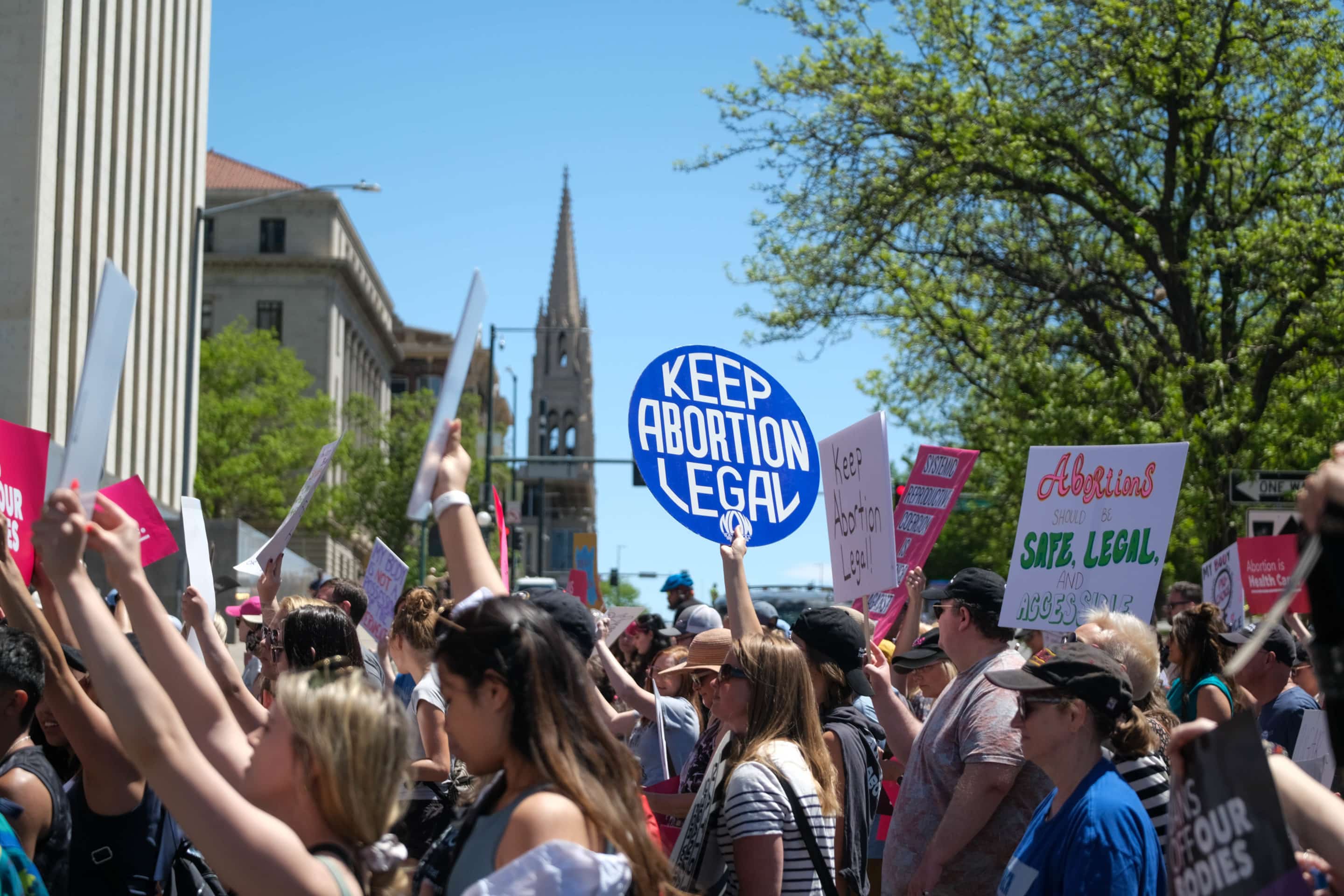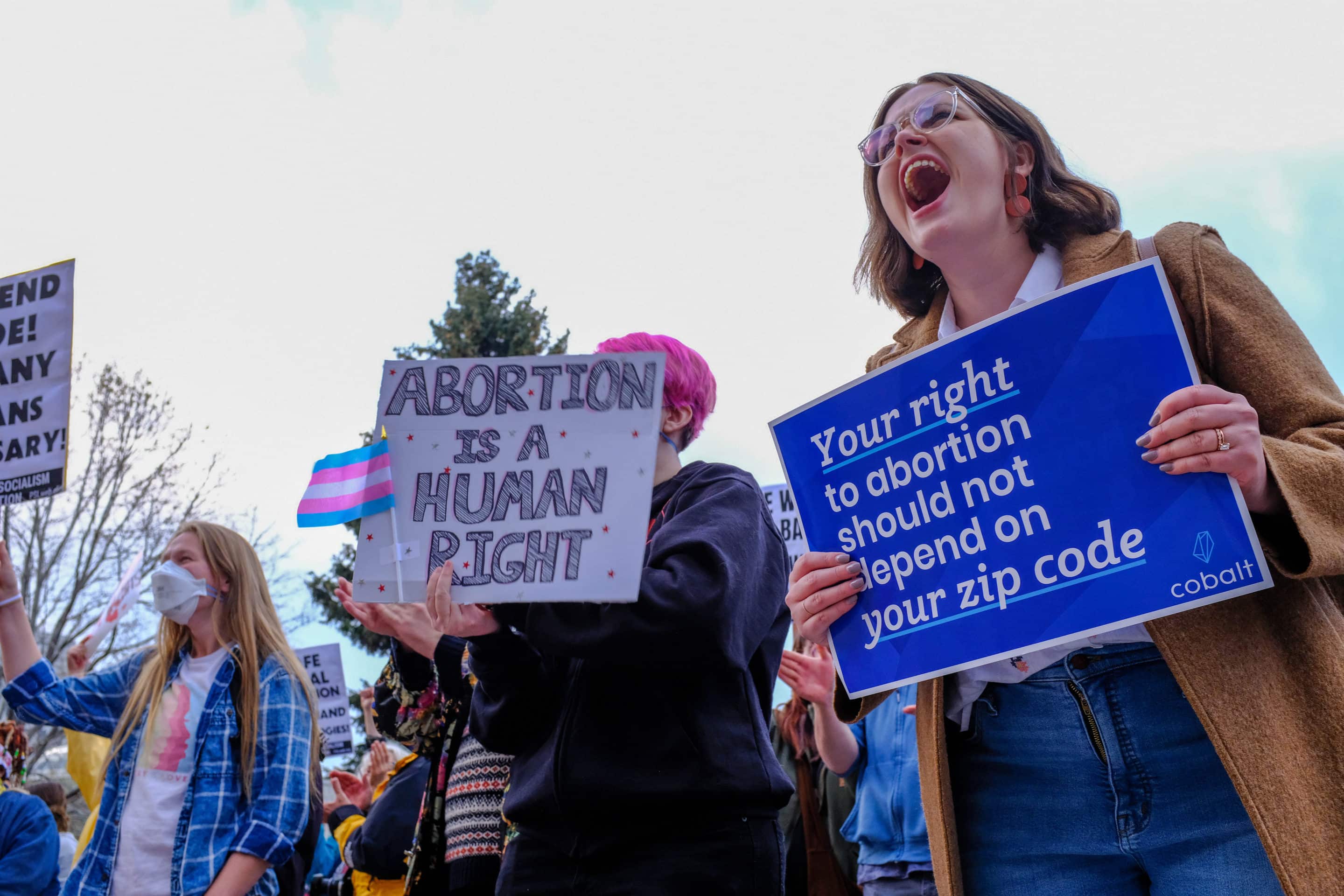//Soul 2 Soul Sisters’ Black Women’s Health, Healing and Joy Coordinator and doula Briana Simmons and A Mother’s Choice Midwifery founder Demetra Seriki tend to a patient in 2016. Photo courtesy of Simmons.
Midwives didn’t gain professional legal recognition in Colorado until 1993, but it wasn’t until 2015 that Demetra Seriki joined their ranks as the only Black certified professional midwife in the state. That’s still the case seven years later, as lack of representation in the medical field continues to put birthing people of color at risk.
Midwifery was a natural fit for Seriki after being a teen mom and informally supporting other young mothers through the birthing process since the age of 16. However, she quickly came up against obstacles, including being forced to leave the state for her clinical training.
“Colorado lacks the resources and training that would have allowed me to stay here with my family,” Seriki said. “This was a barrier I faced that made this journey tough to navigate.”
With a dedication to the birthing people she supports, Seriki soldiered on and opened her own center in early October 2021. A Mother’s Choice Midwifery is located in Colorado Springs and helps families during the birthing process at home and hospitals across Colorado. Her mission is to close the gaps birthing people of color face during pregnancy due to lack of resources and rampant racism in the medical field.
While giving birth is always a risk—about 700 birthing people die annually from pregnancy-associated deaths—for Black birthing people across the country, racial biases have made their way into their birthing rooms. In the U.S., Black birthing people die at a rate that is three to four times higher than their white counterparts from pregnancy or childbirth-related causes. The mortality rate for Black infants is more than twice that of white infants. These racial disparities have a long history rooted in systemic racism and the white supremacy that supports it. Seriki made it clear that Colorado is not exempt from this inequity.
“I had a recent situation with a Black mother who was presenting early manifestation of preeclampsia but didn’t have the lab work to support it,” she said. “I sent her to hospital three times asking for evaluation and they kept referring her back to me. The fourth time I sent her back was because she needed to be induced with a higher level of care than I can provide. It took four times of back and forth before they finally listened to me and admitted her for preeclampsia.”
With the large majority of her clients being birthing people of color, Seriki works hard to create a comfortable space where they can focus on meeting their baby safely and not having to code-switch or worry about their pain being taken seriously. Many clients call her “Mimi” as a term of endearment and continue to return birth after birth to the rare security of her care.
“Not only does Colorado lack representation with me still being the only licensed Black midwife,” said Seriki. “Our state also lacks community-based midwives. Before me, it was only Dr. Justina Ford.”
Dr. Ford, a daughter of formerly enslaved parents, was the first licensed Black female doctor in Denver in 1902. She practiced gynecology, obstetrics and pediatrics for over half a century. At the time, Black Americans were barred from working in hospitals or joining the Colorado Medical Association. Therefore, her only option was to become a community midwife. Ford set up a private practice in her home located in Five Points which now functions as the Black American West Museum.
Many of her patients were Black Coloradans, poor white Denverites and non-English speaking immigrants who were turned away from hospitals. Ford learned multiple languages to help treat her patients, who paid her in any way they could including goods and services.
“She helped bring over 7,000 babies into this world, some still alive today,” said Dexter Nelson II, the associate curator of African American History and Cultural Heritage at History Colorado. “She overcame prejudice and discrimination to be able to serve those that were often treated poorly by a predominantly white medical system.”
Until the late 19th century, the majority of births were carried out by midwives, many of whom were Black, Indigenous or immigrant women. Most midwives, including enslaved women, drew upon traditional healing knowledge and practices passed down through generations. Others learned their practice through apprenticeship.
However, in the early 20th century, childbirth had become medicalized. Physicians emerged as the primary birth attendants and childbirth moved from the home to the hospital. Midwives delivered about half of all babies in the U.S. in the early 1900s, but by 1930, that figure had dropped to 15%. With decades in between the work of Dr. Ford and Seriki, Colorado has continued to fail in filling a necessary gap in the birthing space. According to the Institute for Healthcare Improvement, doulas could play a critical role in combating the discrimination, racism and loss of autonomy that Black people who give birth frequently report experiencing.“The need for doulas and midwives continues to increase, particularly for women of color,” said Briana Simmons, a doula and the Black women’s health, healing and joy coordinator at Soul 2 Soul Sisters. “I’d like to see our roles in Colorado and across the U.S. recognized with the same respect that others in the medical space are granted. We’re providing a level of care that is missing in hospitals and it’s saving lives.”
Doulas, unlike physicians or midwives, can’t administer medical treatment, but they provide holistic care. They are trained non-clinical professionals who provide physical, emotional and educational support to birthing people at all stages of the process. That support can extend to partners, family members and friends and go beyond birth to miscarriages, abortions or stillbirths. There are also death doulas, who provide end-of-life care.
“Black women are not only dying at a higher rate than their white counterparts,” Simmons said. “They are also more likely to experience maternal morbidity which essentially means a near-death experience. They face scares at a higher rate, scares that could have been prevented.”
Soul 2 Soul Sisters is a grassroots, faith-filled, racial justice nonprofit organization based in Denver. Their program called Sacred Seeds Black Doula Collective includes doulas who are highly trained and skilled non-medical professionals who provide physical, mental, emotional, spiritual and informational support. Their doulas are equipped to provide clients with culturally relevant, holistic care and advocacy.
“While doulas aren’t recognized as medical professionals, we bring a level of care to our pregnant patients that make them feel seen, understood and cared for,” Simmons said. “As a doula, we’re there to help ensure these women are heard and aren’t dismissed during and after their pregnancy.”
Simmons and Seriki agree that it takes a village to birth a child and that village should understand all dangers facing the family involved. A Mother’s Choice Midwifery and Sacred Seeds Black Doula Collective are filling that role and working to keep families of color safer.
Enjoyed this story? Help us keep the lights on! Supporting local press ensures the stories you want to read keep coming, become a member for free today! Click here.





0 Comments